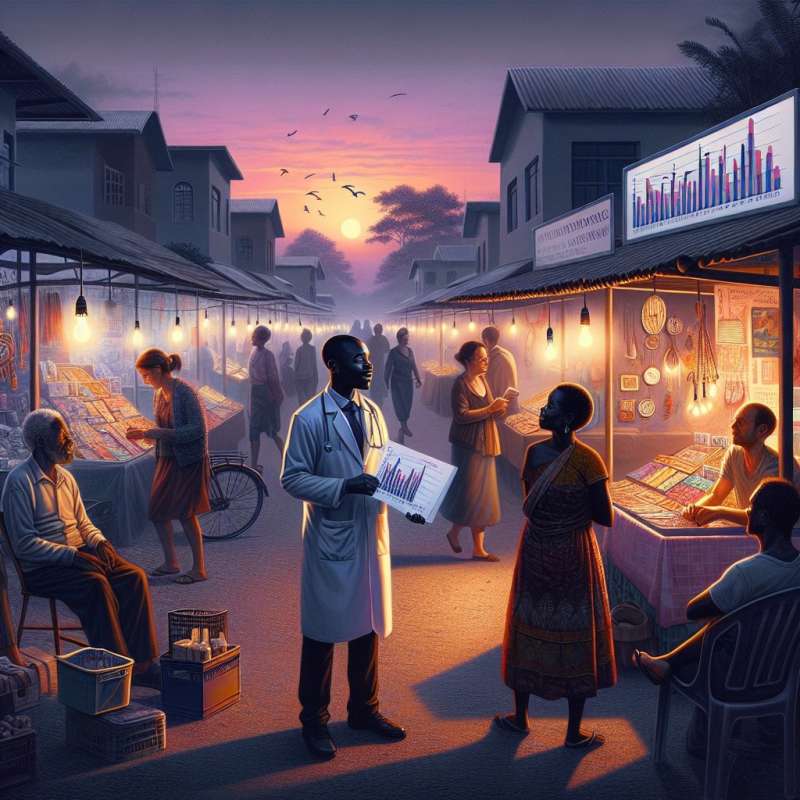
Daylight Savings: Origins
Daylight Saving Time (DST) began during World War I to save energy. Germany first implemented it to conserve coal. Many countries found the idea beneficial and followed suit, altering their clocks to extend evening daylight.
Energy Conservation Strategy
The primary reason for DST was energy conservation. The rationale was that by extending daylight hours into the evening, households would use less electric lighting, thereby reducing electricity consumption.
Economic and Health Impacts
DST's economic impact is debated. Some argue it benefits the retail and tourism sectors by encouraging evening activities. However, health experts have linked DST changes to disrupted sleep patterns and increased heart attack risks.
Does DST Save Energy?
Studies on DST's energy savings are inconclusive. Modern usage patterns and advanced technology have diminished the original benefits. Some regions show minimal to no energy savings, questioning the practice's relevance today.
Agriculture and DST Myth
Contrary to popular belief, farmers historically opposed DST. They found it disrupted their schedules and their livestock's natural routines. The agriculture industry had a significant influence on DST adoption and its discontinuation in some areas.
Global DST Adoption Varies
DST is not universally adopted. Around 70 countries implement it, while others never adopted it or have since abolished it. The equatorial regions see less variation in daylight hours, making DST less beneficial.
The Future of DST
The necessity of DST is increasingly questioned. Some countries have stopped observing DST, while proposals to make it permanent are debated in others, potentially ending the biannual clock changes.DST and Trick-or-Treating
A 1985 study found DST extended daylight hours for Halloween, leading to fewer child pedestrian deaths due to increased visibility.
Who first implemented DST?
United States during World War II
Germany during World War I
Britain after World War I
Company